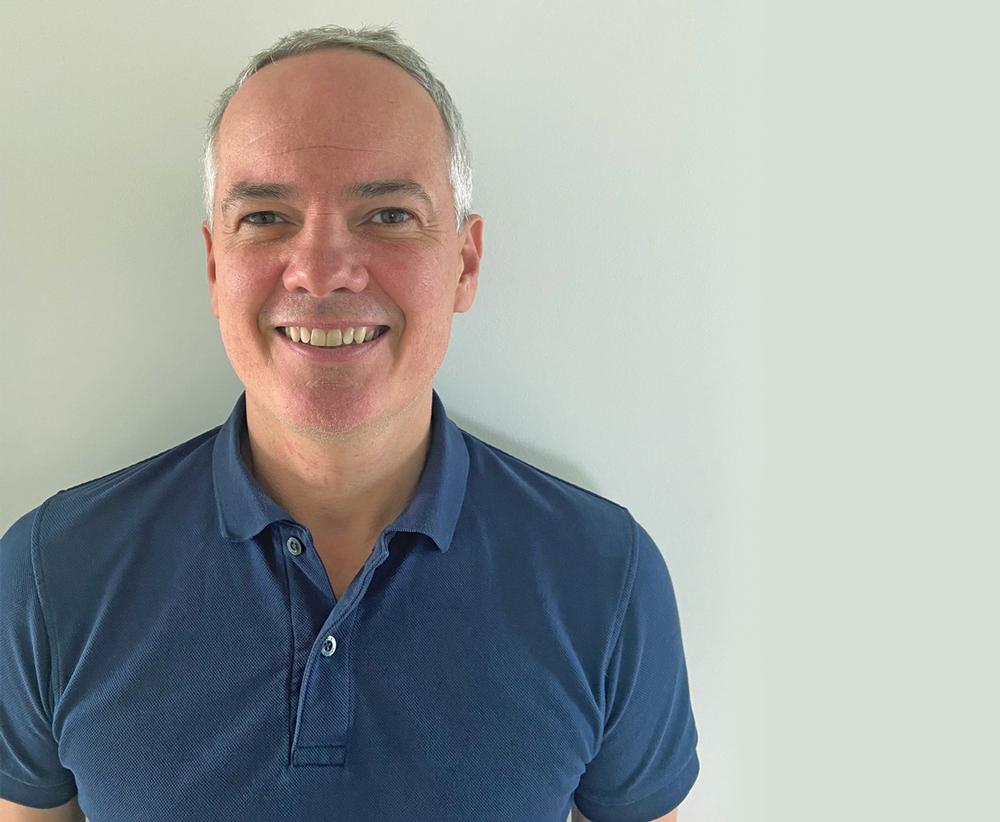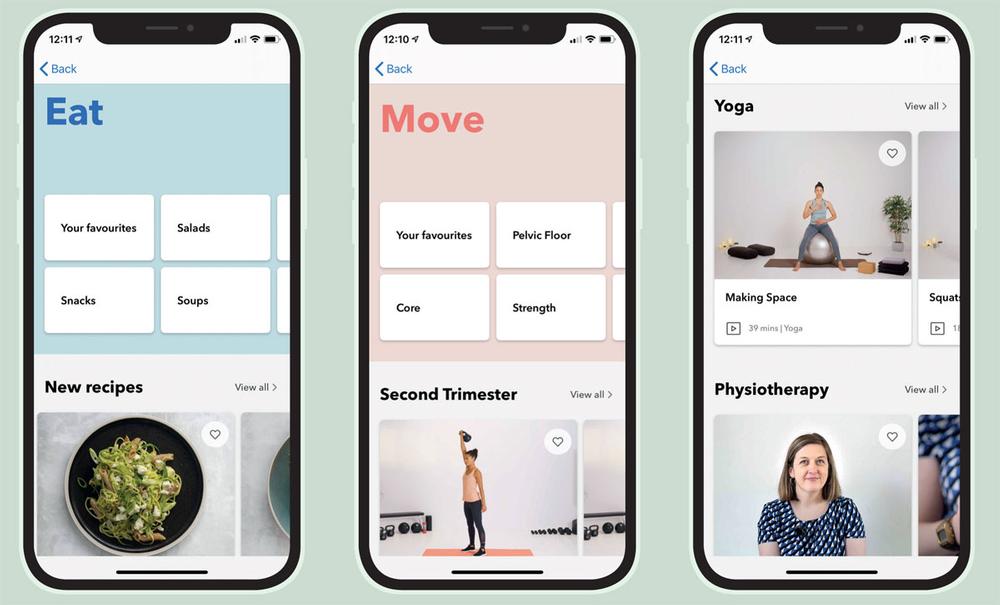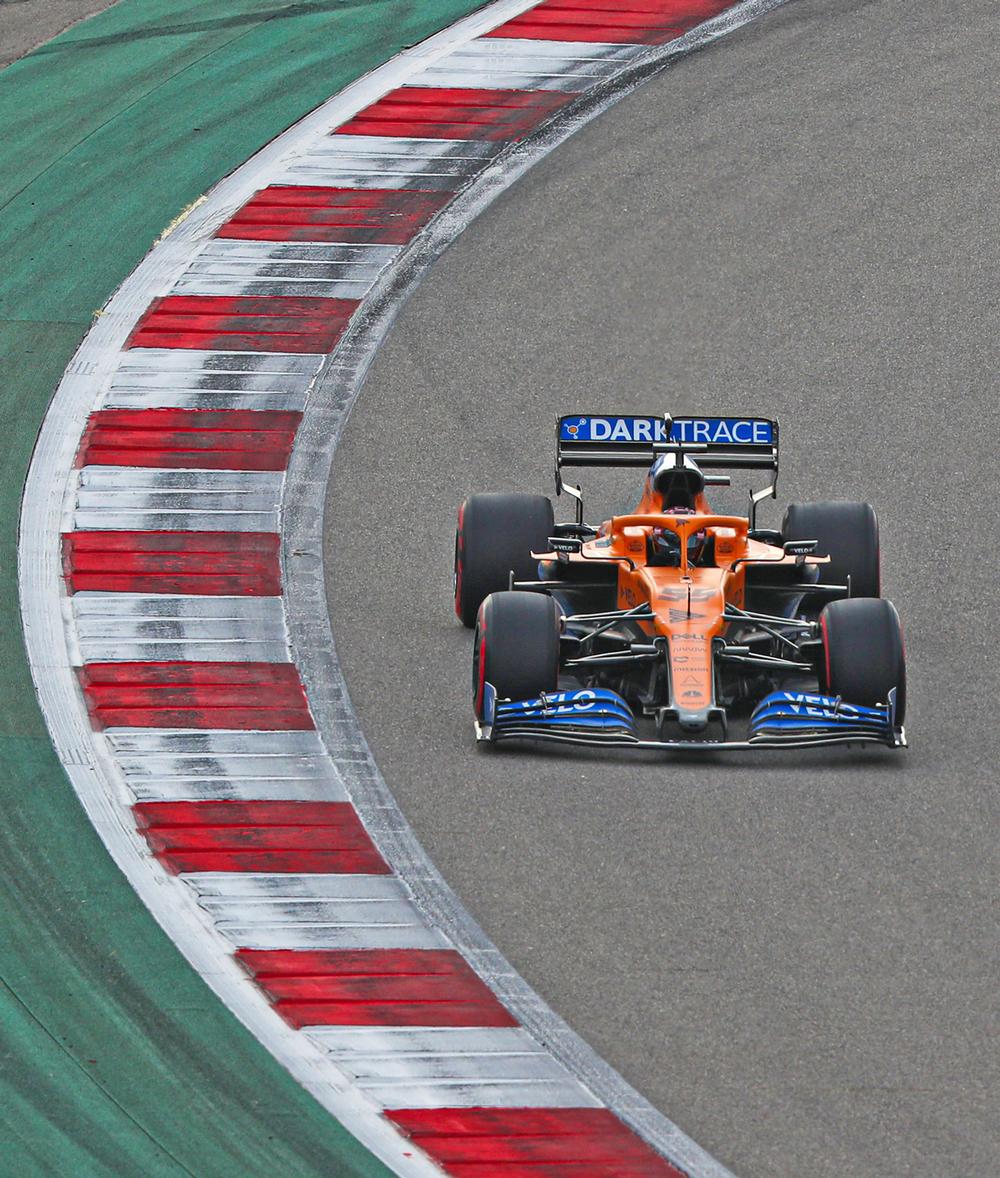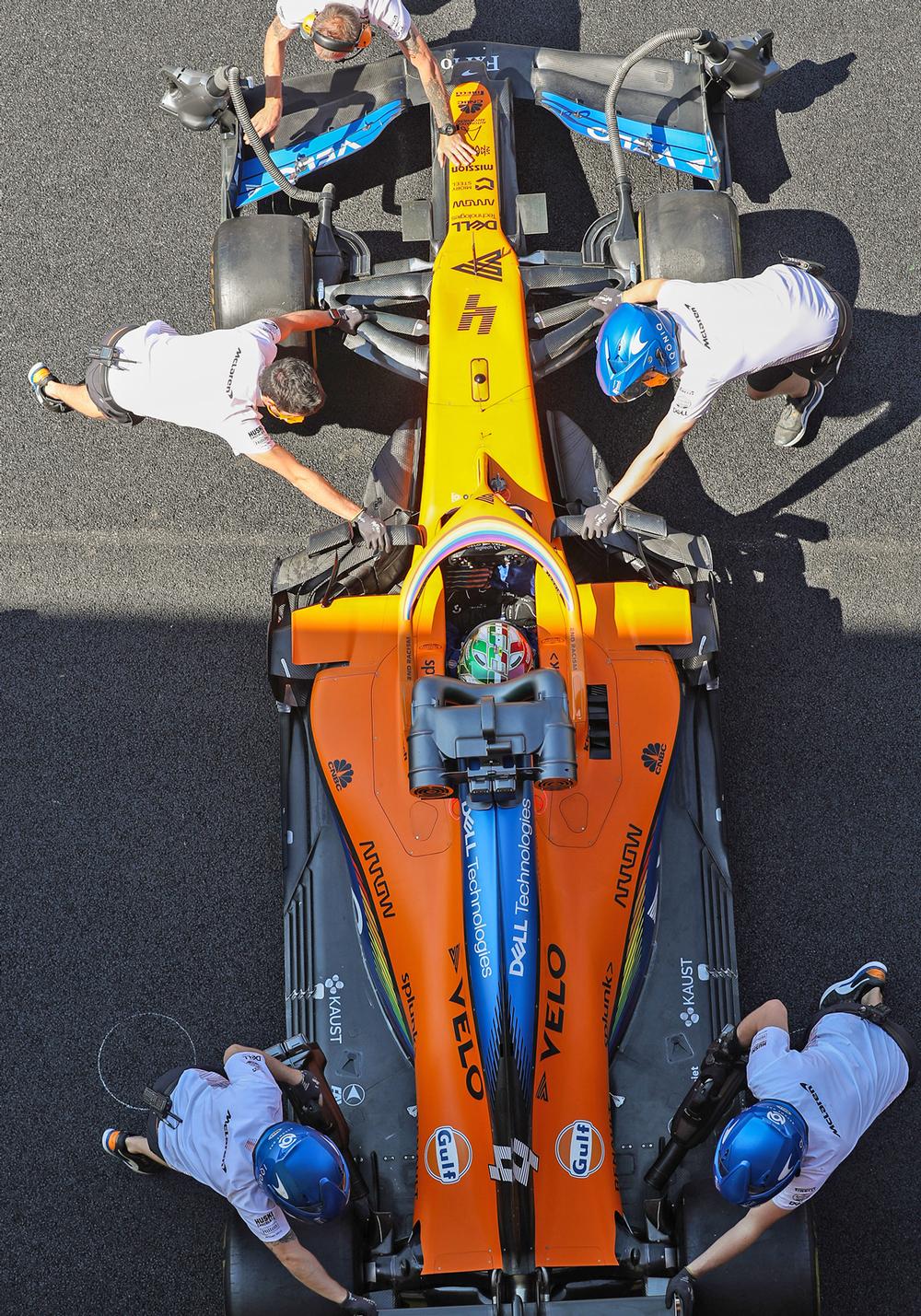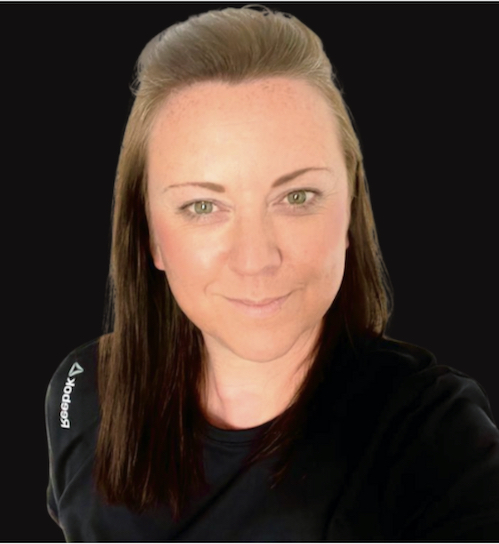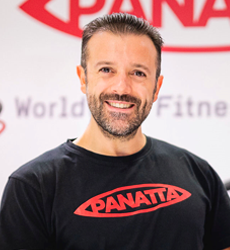What’s your background?
I have 25 years’ experience in technology, running mainly software companies. Mostly in enterprise software where complex integrations and scalability were critical topics for our clients. Throughout my career I worked with large software groups such as IBM, SAP and other major players.
Tell us about Salus Optima – what has its story been so far?
Salus Optima was founded to help solve everyday lifestyle issues through a novel approach. The issues are inactivity, poor nutrition and mental health. The novel approach is to use a highly sophisticated technology framework underpinned by human performance, science and methodologies to help people achieve their goals at their own pace.
As a society we‘re facing a daunting challenge with health care costs spiralling out of control. This is mainly due to poor lifestyle choices and a broken system that does not prioritise prevention. At Salus Optima we’ve been building technology to combat these issues through changing and incorporating positive habits that will empower our users and improve their own health outcomes.
How does Salus Optima use technology and data to offer personalised health guidance?
Personalisation is at the heart of everything we do. We consider ourselves as part of a new wave of innovation that brings personalisation to the level of the individual. We firmly believe that the one-size-fits-all approach is no longer applicable. Our users demand more and through personalisation we can be relevant for them.
We see data as a way to understand individual circumstances that are unique and deliver personalised recommendations, support and encouragement so it becomes relevant.
Tell us about your collaboration with McLaren
We have a strategic technical collaboration with McLaren. This collaboration will see us deploy our technology with the F1 travelling race team to provide them with a unique, digital coaching experience that helps optimise their own health, wellbeing and performance whilst travelling the world.
We have embarked on a large design piece to understand the pain points of the race team and the challenges they face. Reflecting and understanding is the best approach to improve and address these issues through our Human Performance framework, which is centred around four pillars – movement, nutrition, mindset and recovery, including sleep.
This is all supported by behavioural change and delivered via a highly engaging application. It is crucial in any organisation that the employees are performing at their peak and optimum level and this is what we will provide.
What sort of issues are the individuals within the race team dealing with?
This is a diverse cohort, very representative of society in general. We’re talking about mechanics, pit crew, engineers, logistics, etc. It’s very exciting to be tackling issues that are prevalent in the wider society – these are issues that you and I face every day.
Each person in the team will get different and personalised insights for better lifestyle choices that will help them to overcome personal wellness issues to ensure they are fit, healthy and happy from one season to the next.
Tell us more about your proprietary technology – how does it work?
We’re a tech group that has been investing in our technology stack for years now. The integration of the many modules makes it a unique platform. We‘re combining our proprietary human performance framework, supported by the four pillars, with behavioural change and an AI-assisted coaching platform.
The result is a powerful holistic, data-driven, outcome-focused, highly personalised application that helps people to achieve their goals and deal with the problems that life naturally throws at us. We understand that life gets in the way and we need to be able to adapt to our users’ needs, such as lack of time, motivation, physical and mental limitations, and this is quite unique.
How do you on-board a user?
The process is entirely digital and we try to keep it as low-burden as possible, asking only for information that we can act upon. We then supplement this initial onboarding with an ongoing data capture from usage of the app, wearables where relevant, and a series of optional, more detailed questionnaires on topics such as nutrition, should the user wish to learn more and increase personalisation.
In a specific project such as McLaren, we have a fantastic opportunity to also perform in-person tests and combine that data with what we’ve learned through the digital solution. This is an extra layer of specificity and not necessarily required if it isn’t available.
How is virtual human coaching used?
We use a blend of human and AI coaches. Our backend systems run AI models for prediction, but we couple that with human coaches as well. The reason for that is to provide not only the human touch, which is very important, but also the ability for our users to talk to people rather than a robot.
We recognise we can digitise most of the coaching experience, but we also recognise that the human in the loop is irreplaceable. Studies show that this is the right approach to create accountability and engagement, which are key for our B2B partners.
Will your work with McLaren result in any new developments that will benefit future clients?
Absolutely. The work we‘re doing with McLaren will be fit for purpose for all our business partners. The problems faced by the race team are also prevalent in society as a whole and our systems and technology will help our partners to improve wellness and wellbeing levels.
Have you done any studies to show the scientific, measurable effect of your services?
Everything we do is evidence-based and scientifically proven. Our technology is grounded in science and we have dozens of scientists and experts who collaborate with us in the four pillars of human performance.
Just for our women’s health platform we utilised more than 200 international scientific studies. We also rely on our partners to provide science to our solutions. There will be a very exciting announcement soon on a major clinical trial, but I will have to tell you more about that at a later stage.
What are the future plans for Salus Optima?
Despite the current backdrop with the pandemic, we have seen robust growth and expansion of our partnerships across multiple markets. We also have a strong roadmap for our products that entails what we call ‘end-to-end solutions’ in which we deliver off the shelf products to our partners or more bespoke projects where our partners utilise our ‘Enterprise solution’ to solve the complex issues they have.
Also, given the strong uptake of our technology and interest of our partners, we are planning our overseas expansion – we have some territories lined up for major deployments of our technology. This is very exciting news for our collaborators and partners. We see a number of opportunities to innovate in traditional industries and are certain that our solutions can provide innovation, customer loyalty, revenue opportunities and engagement to our business partners.








